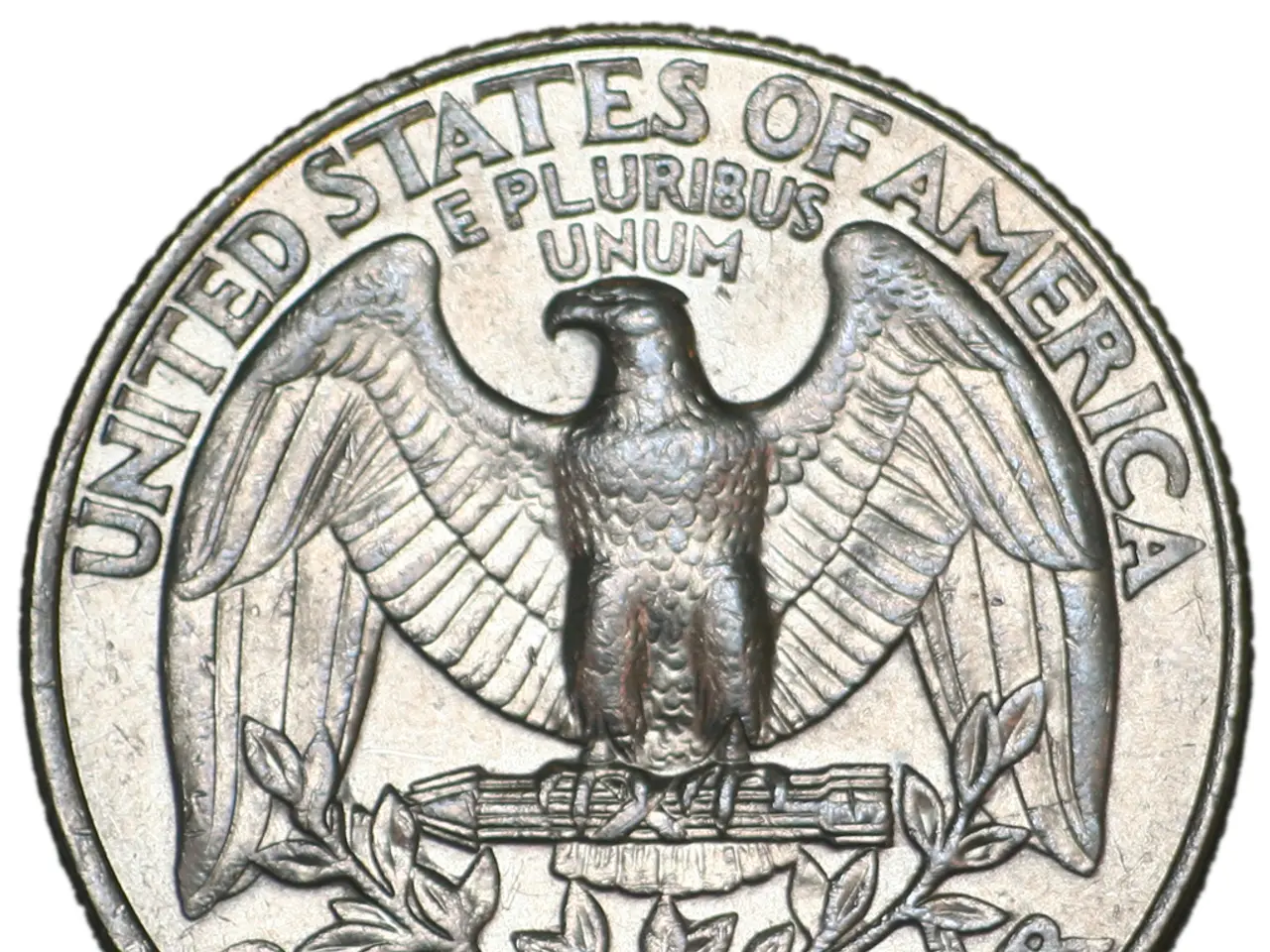A high-interest setting operates as an alluring spell, effectively sucking up funds.
MP Hanna Katrín Friðriksson from The Liberal Reform Party has addressed the Althingi, stating that if Iceland weren't saddled with exorbitant interest charges—the third largest expenditure category—the nation could achieve sustainable prosperity without the need for continuous borrowing.
The Interest Snare
In a discourse on Tuesday, Friðriksson highlighted the swift increase in interest costs for the state fund, a consequence of the government's deficit operations and debt collection. She described the high-interest environment in Iceland as a "magic trap" that siphons funds destined for more critical areas such as the welfare system.
An Unfavorable Comparison
As a percentage of GDP, interest-rate charges in Iceland outstrip those of neighboring countries by five to six times and exceed those of other Nordic countries and international counterparts. Remarkably, interest rates in Iceland are higher than in countries boasting considerably higher levels of debt.
A Burdened Future
Annual interest expenses in Iceland have swelled by 50-60 billion ISK over the past few years and are projected to balloon to 95 billion ISK next year. In context, this figure equals nearly the entire college and university level's annual budget and exceeds the combined contributions to transportation and healthcare.
"Imagine what we could do with these funds," Friðriksson posed, urging the public not to overlook the interest rate discrepancy. Comparing interest rates in the EURO area to local interest rates in Iceland, she argues for a reduction in interest rates to half their current level, which would save around 40-50 billion ISK, a sum equivalent to the country's annual contributions to health insurance and could secure contracts with self-employed psychologists, speech therapists, specialists, and others.
Historically, Iceland's financial system underwent liberalization in the 1980s, leading to greater market flexibility but also increased volatility in the wake of the 2008 global financial crisis. The country's economy remains vulnerable to global financial shocks due to its liberalized financial system and past experiences, necessitating stricter monetary policies and higher interest rates compared to some international counterparts.
- MP Hanna Katrín Friðriksson from The Liberal Reform Party was reminded of the high-interest environment in Iceland, which she views as a "magic trap", during a debate about the nation's finance and business.
- Friðriksson pointed out that as a percentage of GDP, interest-rate charges in Iceland exceed those of neighboring countries by five to six times, and exceed those of other Nordic countries and international counterparts, even in countries with higher debt levels.
- The annual interest expenses in Iceland have been increasing, with a projected jump to 95 billion ISK next year – a sum equivalent to nearly the entire college and university level's annual budget and exceeding the combined contributions to transportation and healthcare.
- Friðriksson proposed a reduction in interest rates to half their current level, which would save around 40-50 billion ISK, a sum equivalent to the country's annual contributions to health insurance, and suggested using these savings to secure contracts with self-employed psychologists, speech therapists, specialists, and others.




